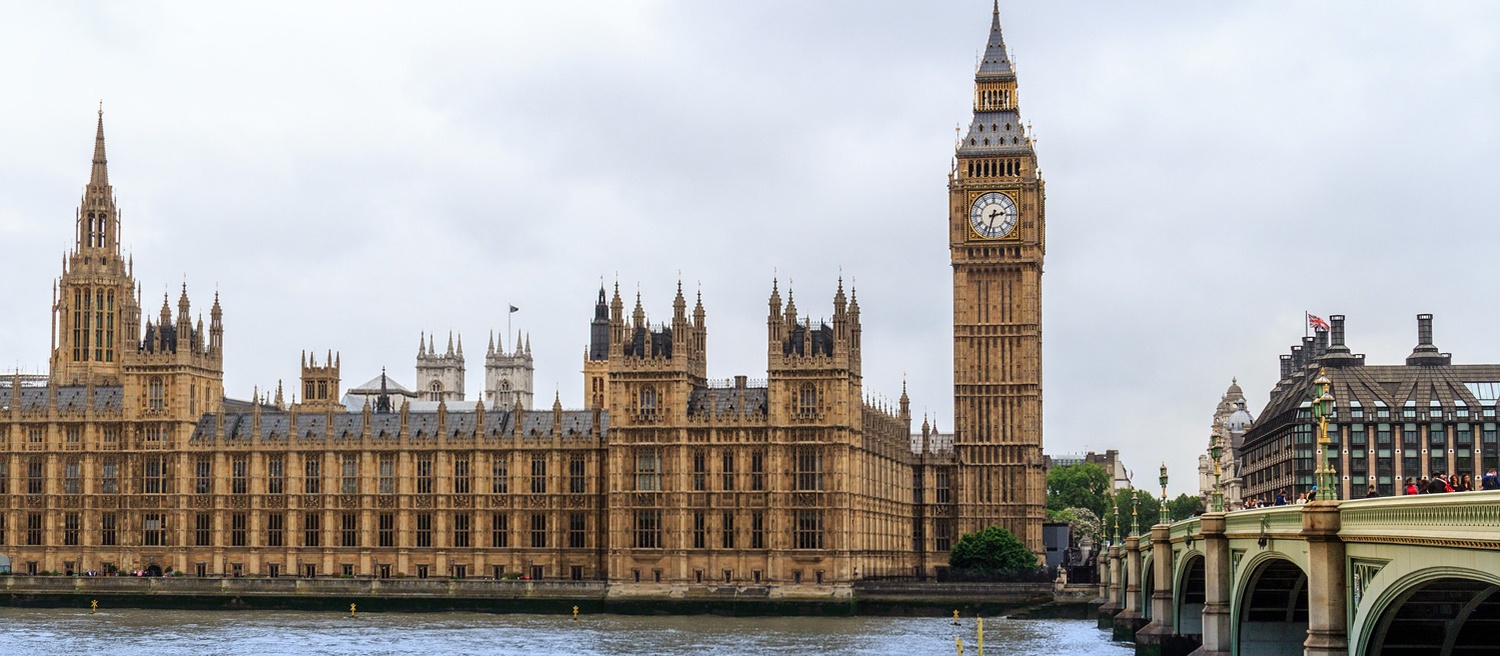Boris Johnson entered the COVID-19 pandemic fresh from the general election with a large parliamentary majority and high popularity. A series of ineffective policies to tackle the spread of the virus and a summer of fiascos in the education sector mean that public trust and the government’s popularity have plummeted.
By David Bagshaw 11.11.2020
In the aftermath of the 2019 general election, after winning a majority of 80 seats in the House of Commons, Boris Johnson was hailed as a hero within the Conservative party. A year on, with the COVID-19 pandemic still raging and the Brexit process still ongoing, Johnson is not only unpopular with the wider public but also increasingly among members of his own party. A summer of fiascos and U-turns has meant that public trust has dropped dramatically.
In late March, Johnson became one of the first world leaders to test positive for COVID-19, eventually being rushed into intensive care to be treated. When he left the hospital in mid-April, the government’s approval ratings were +22% as the country rallied around him and his government’s efforts to tackle the pandemic. The public was broadly supportive of a national lockdown to contain the spread of the virus, and its furlough scheme for workers was widely praised as being one of the most generous in Europe. However, there were already signs that the government was making mistakes. Until mid-April it was not mandatory for patients leaving hospital to be tested for COVID-19 and over 28,000 were moved into care homes, with no statistics available for how many of these may have had the virus. What is known is that nearly 6,000 care home residents in England and Wales had died of COVID-19 by the time mandatory testing upon discharge was introduced.
The government’s lack of preparedness has been summed up by the NHS test-and-trace system to limit the spread of the virus. The prime minister declared in May that the UK would have a “world-beating” system capable of shutting down outbreaks. The system, however, has been hampered from the start by being too centralized and inefficient. Reports broke this summer that contact tracers went several days without making a single call to potentially infected persons while infection numbers were steadily on the rise. The government has also been criticized for outsourcing to private consulting companies such as Deloitte and Serco while sidelining local authorities, which have much more trust and knowledge at the local level. Perhaps the biggest example of government failures came at the beginning of October as it emerged that an error had led to 16,000 cases not being counted due to an error using Microsoft Excel.
In addition to the fiascos in the health sector, a series of failures became apparent in the in the education sector as well. Due to the pandemic, A-levels (school leaver exams) were cancelled, with grades being awarded based on a mathematical algorithm. This was based not only on teachers’ assessments but also on schools’ performances in exams in the past. However, this led to almost 40% of the initial results being lower than the teachers’ estimates. This sense of injustice was made worse by the fact that state schools were much more likely to be downgraded than private schools. In the end, after major outcries from teachers, parents and MPs alike, the government performed a U-turn and decided that the results would be based solely on teachers’ assessments. That was made worse by the fact that a similar situation had played out in Scotland a few weeks before and so the government should have been well aware of the issues surrounding the algorithm. On top of this, the prime minister was on holiday during this week and was heavily criticized for showing a lack of leadership by not returning to deal with the crisis.
As the country enters a second wave of COVID-19, Boris Johnson faces unrest from within his party on reintroducing restrictions. At the same time, local leaders and MPs in northern England from both major parties are working together to resist the government’s centralized approach. They call on the government to do more to tackle the spread of the virus, not ruling out a second lockdown. However, the effectiveness of any measures is likely to be limited, given that public trust in the government is so low.








